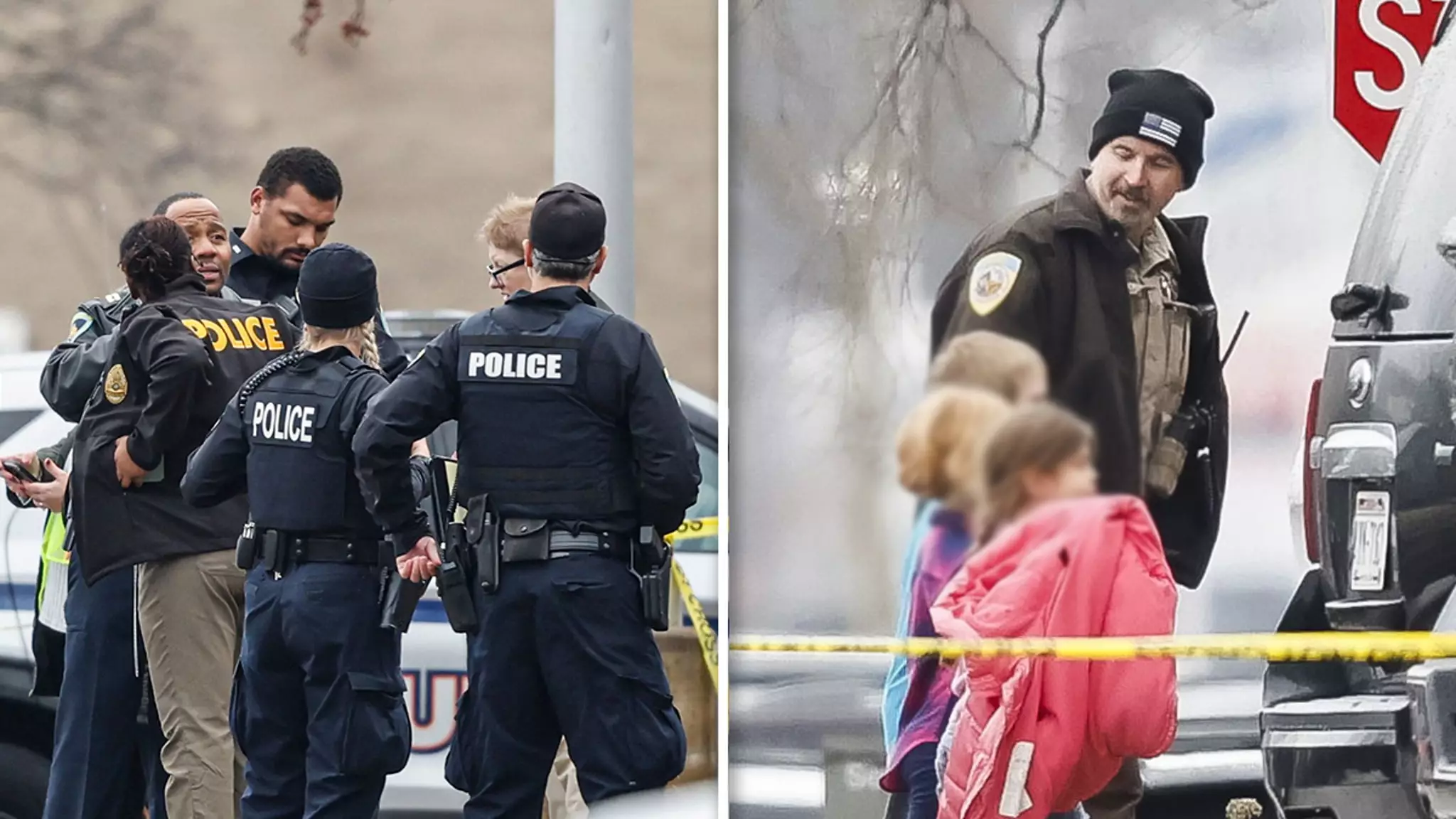In a deeply distressing event that sent shockwaves across the Madison community, a tragic shooting took place at Abundant Life Christian School, leading to the death of a student and a teacher while injuring several others. The assailant, identified as 15-year-old Natalie Rupnow—who was known as Samantha to her peers—took her own life shortly after the incident. This tragedy not only underscores the alarming increase in school violence but also raises serious questions about the underlying factors that drive such heinous acts, particularly when perpetrated by adolescents.
The chaotic scene began to unfold around 11 AM on a typical Monday when an unexpected call came from a courageous second-grader, who alerted emergency services to the shooting. In a matter of four minutes, law enforcement arrived at the scene to find multiple victims within the school’s study hall. The gravity of the situation quickly became evident, as the bodies of the teacher and a fellow teenager were discovered, along with several others that were wounded. The swift response of local authorities could not mitigate the devastation; two of the injured students were reported to be in critical condition, while additional victims required immediate medical attention for non-life-threatening injuries.
In light of the rising incidences of school shootings across the United States, the question of motive becomes paramount. Madison Police Chief Shon Barnes noted during a press conference that investigators were delving into the reasons behind Rupnow’s violent outburst. What could compel a young girl, who was presumably a member of the school community, to inflict such harm on her peers and educators? This inquiry requires a broader examination of mental health support systems within educational environments and the societal factors contributing to a culture of violence among youth.
The Role of Community and Awareness
The tragic events in Madison highlight the need for community engagement and proactive measures in addressing potential warning signs related to youth violence. As schools often serve as microcosms of society, it is crucial for teachers, parents, and mental health professionals to cultivate an environment where students feel safe and valued. There must be an emphasis on open communication, mental health resources, and a supportive infrastructure that promotes emotional well-being. Ensuring that students have pathways to seek help might be essential in preventing future tragedies.
As we reflect on the heartbreaking incident at Abundant Life Christian School, it is essential to recognize the complexities surrounding youth violence. The loss of life and the lasting impact on the community serve as a stark reminder of the need for concerted efforts to understand and address the root causes of such behavior. Moving forward, the focus should not only be on responding to these incidents but also on fostering environments that prioritize the emotional and psychological health of our youth. Only through collective action can we hope to prevent future tragedies and ensure that schools remain safe havens for education and growth.

